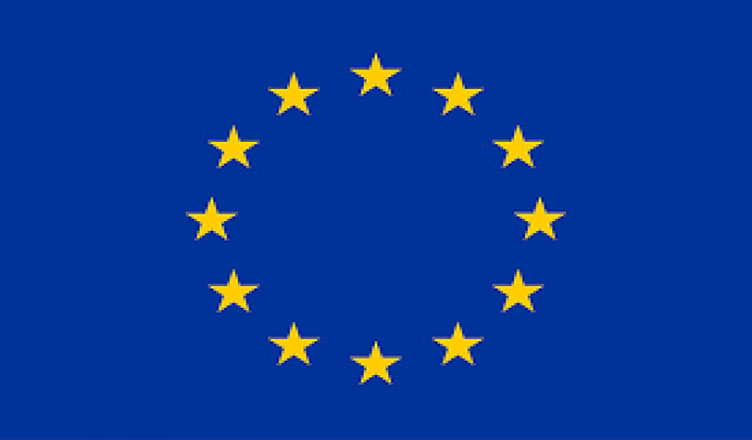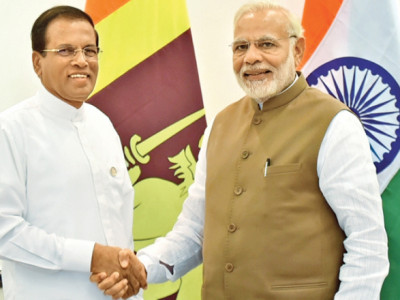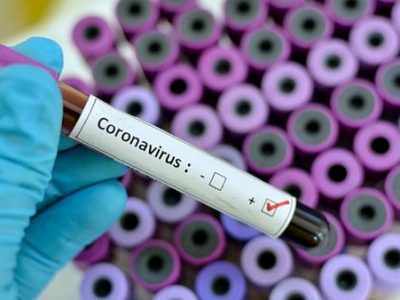(COLOMBO, LANKAPUVATH) –A report released by the European Commission on Sri Lanka’s compliance with the Generalized Scheme of Preferences or GSP+ said Sri Lanka engaged well with the European Union (EU) on the GSP+ compliance issues during the covering period 2018-2019.
Sri Lanka as a GSP+ beneficiary made progress in the effective implementation of the 27 international conventions listed in the arrangement, according to the report.
In 2018, Sri Lanka’s GSP+ preferential exports amounted to Euro 1.364 billion while GSP+ eligible but not used exports amounted to Euro 983 million. Main EU GSP+ imports from Sri Lanka are apparel and clothing at 53% and rubber at 19%. The utilization rate was 58.1% in 2018.
The progress was reflected in a strong cooperation with the government authorities and intensive dialogue regarding the effective implementation of the international conventions specified in the GSP Regulation, according to the report Joint Report to the European Parliament and the Council on the Generalized Scheme of Preferences covering the period 2018-2019.
During the period, Sri Lanka has embarked on a number of critical reforms during the last few years, trying to deal with challenges of unemployment, security, and corruption and cooperated with the United Nations bodies allowing ten UN special rapporteurs to visit the country on fact finding and monitoring missions on invitation.
However, with regard to human rights, while the space for civil society and media to operate has improved post-2015, challenges remain, it said.
The report noted that Sri Lanka has taken several positive steps during the period with establishing the Office on Missing Persons and the Office for Reparations and accession to the Optional Protocol to the UN Convention Against Torture (OPCAT), the adoption of Enforced Disappearances Act and the Right to Information Act which reflect strong commitments to democracy and transparency.
“Yet, progress is fragile, especially with regard to accountability,” it said referring to the aftermath of the Easter Sunday terrorist attacks, when the situation of minorities has become tense. “Prevention of torture is on the agenda, but actions need to be stepped up in terms of accountability,” it noted.
Sri Lanka was able to reduce child labor to 1% (from 16%), partly through pioneering ‘Child Labour Free Zones’ and committed to a goal of 0% by 2022, the report mentioned.
Sri Lanka made progress on the prevention of domestic violence and has taken a number of positive steps on areas of reconciliation, transitional justice, accountability, prevention of torture.
The European Commission said it will be important for this progress to continue under the new administration headed by President Gotabaya Rajapaksa, to ensure renewed commitment to strengthen recently established institutions, and to continue legislative reforms.
The EU conducted a GSP+ monitoring mission in Sri Lanka from 26 August to 3 September 2019. During the reporting period 2018-2019, monitoring focused on several priority areas such as: the moratorium on the death penalty; the repeal of the Prevention of Terrorism Act (PTA); adoption and implementation of legislation against domestic violence; combating sexual exploitation of children; prevention of torture; and anti-discrimination legislation.
Although statements to the effect that executions would be resumed were a cause for concern, during the recent GSP+ mission, government officials in Sri Lanka were confident that the de facto moratorium would stand.
However, concerns about freedom of association remain in Sri Lanka along with several other countries in the region.
A counter terrorism act that meets international law and standards and continuing the implementation of the United Nations resolutions on reconciliation, accountability and human rights have been suggested as priority engagements for Sri Lanka.




